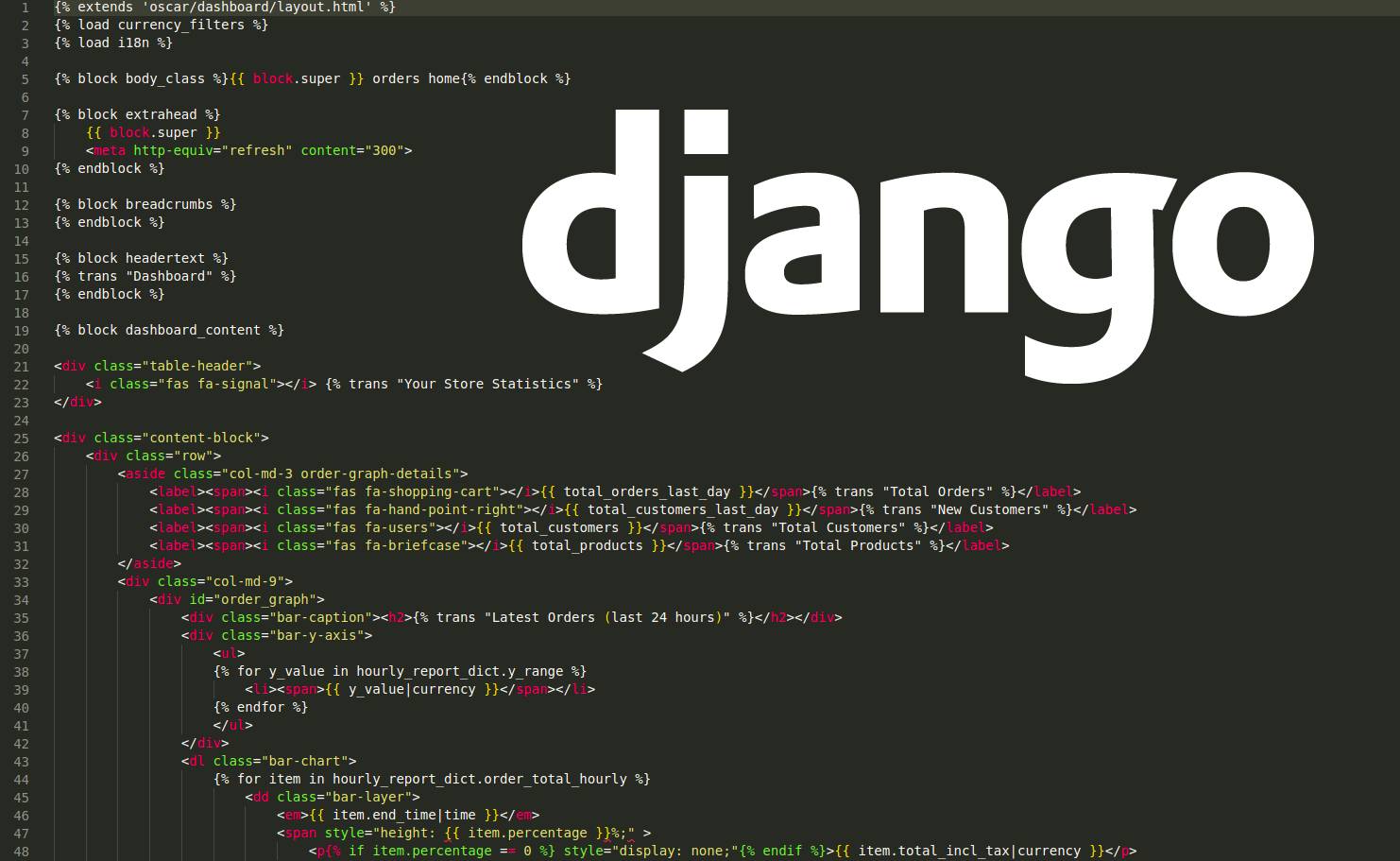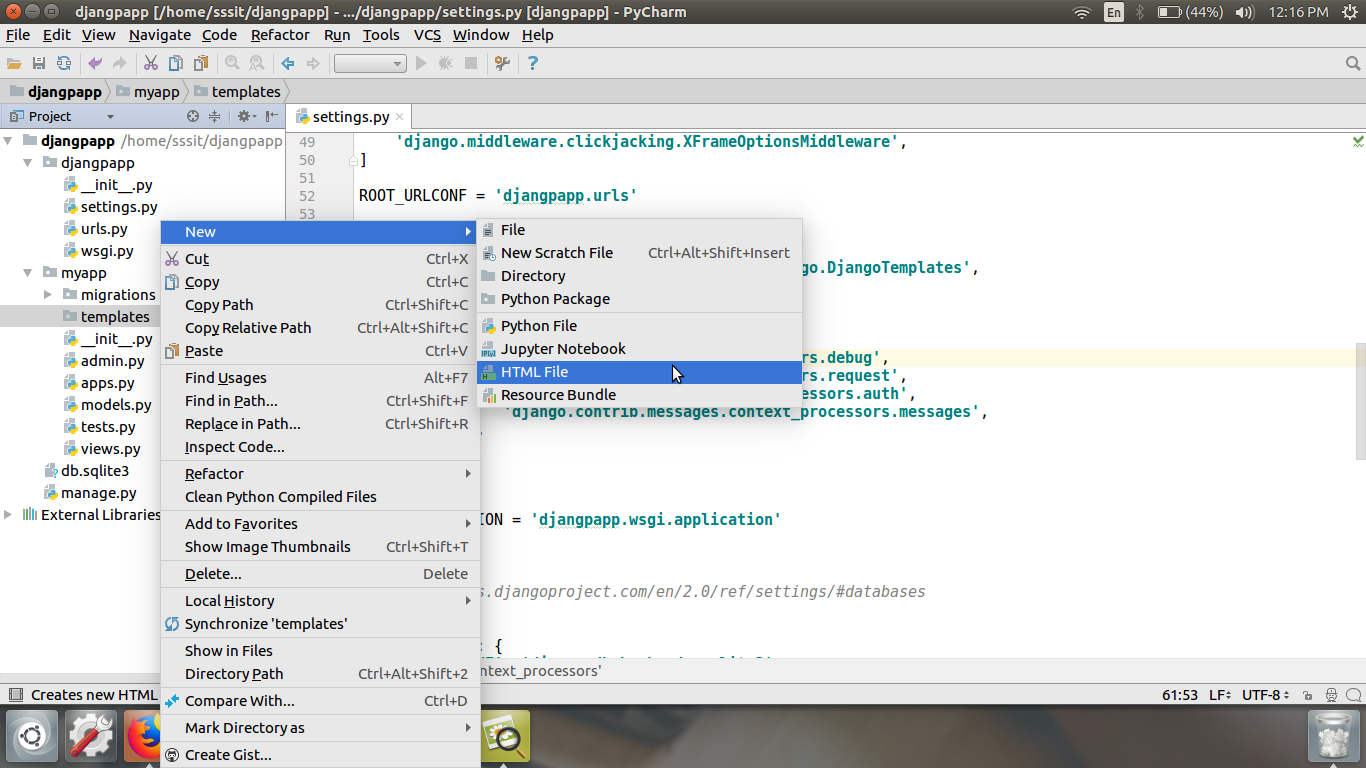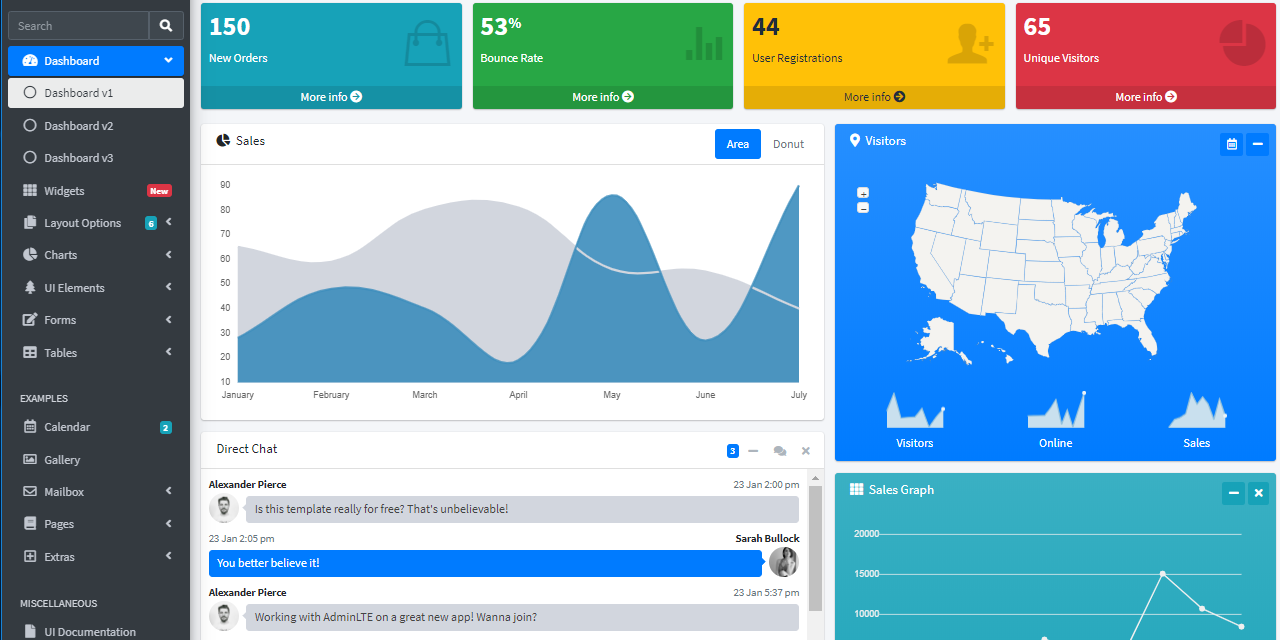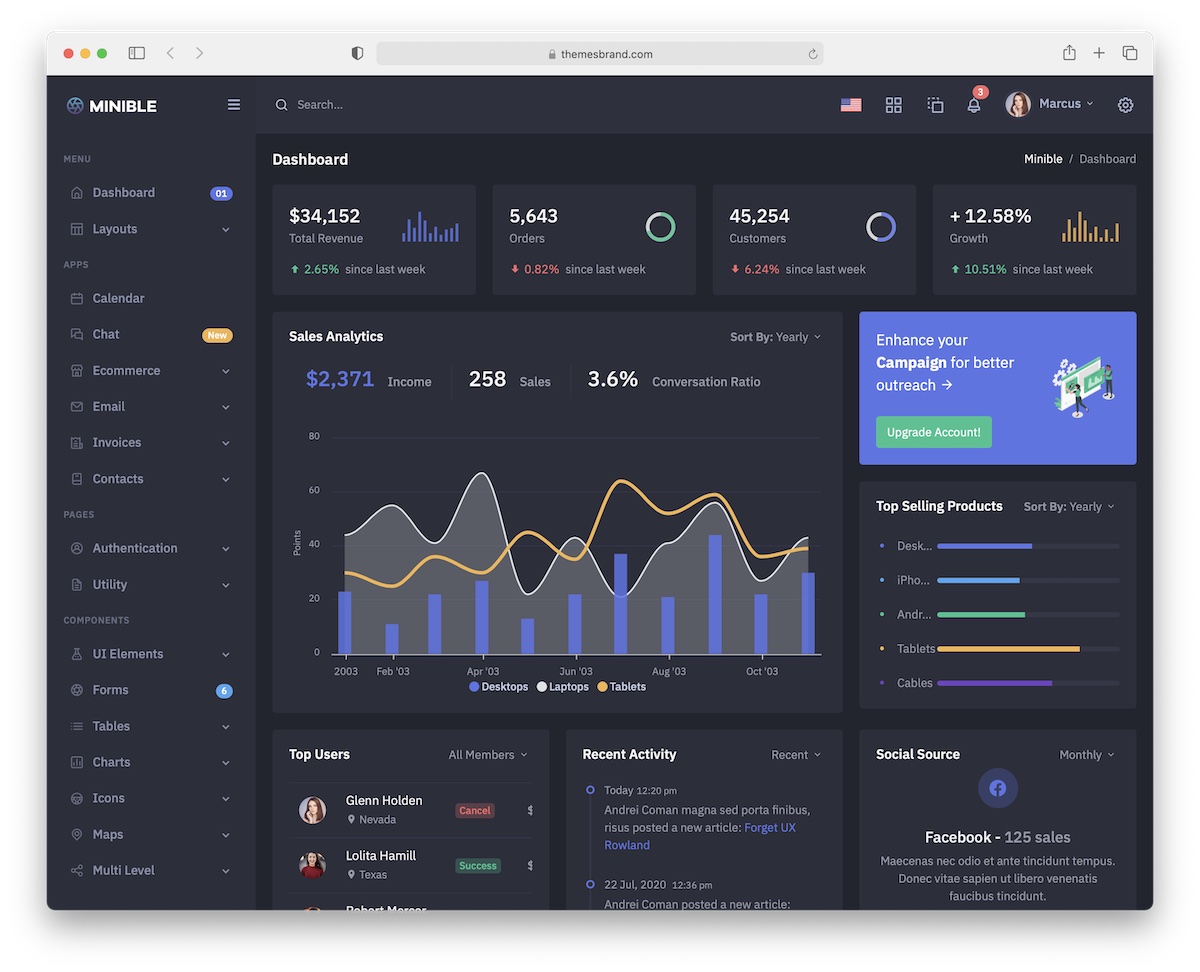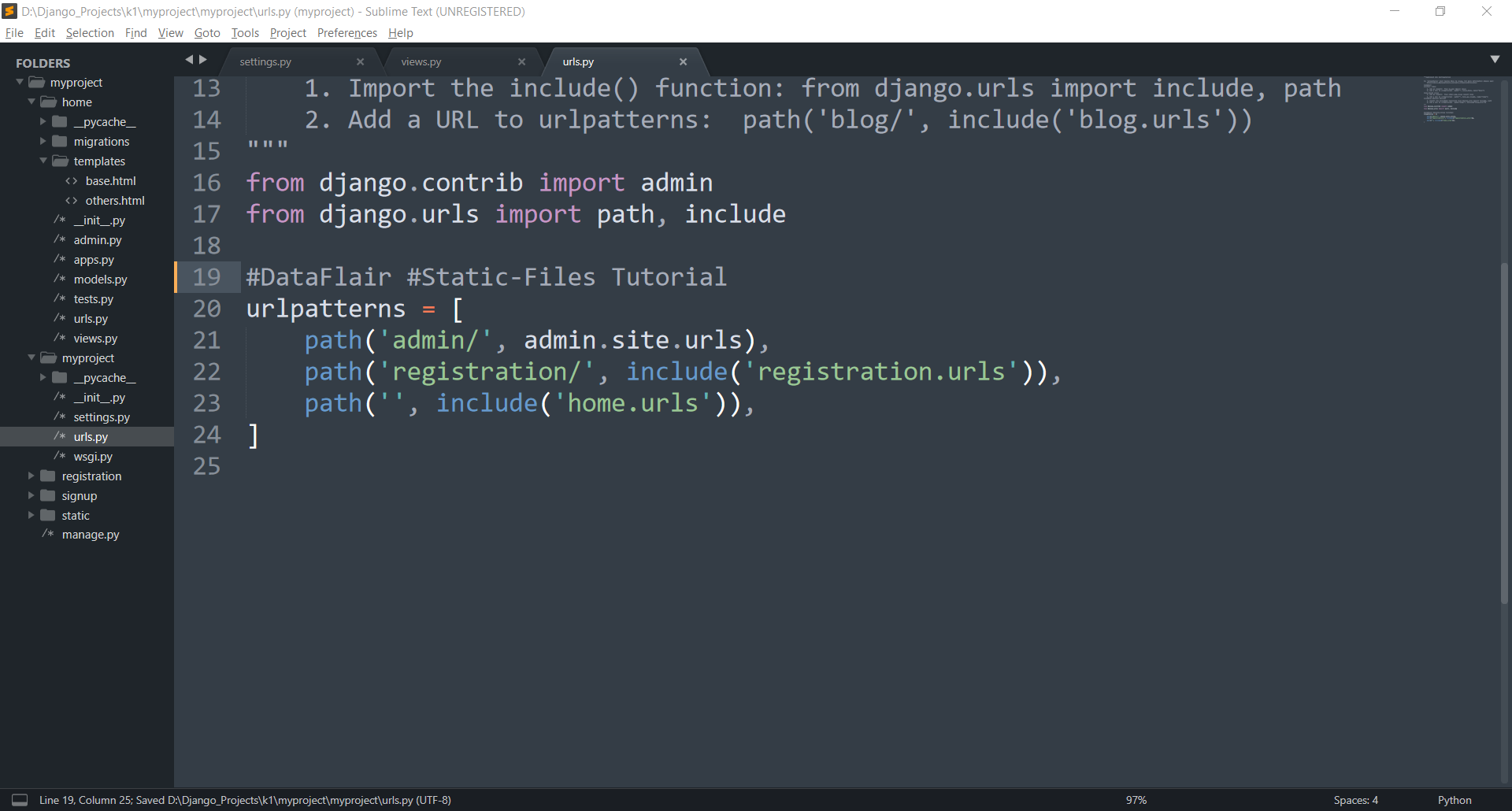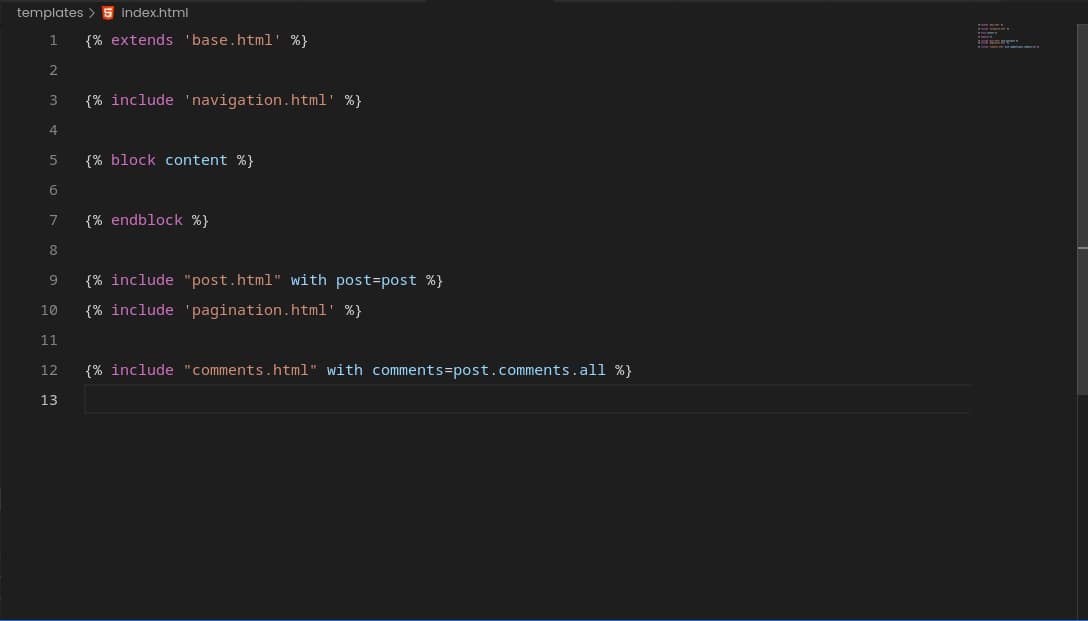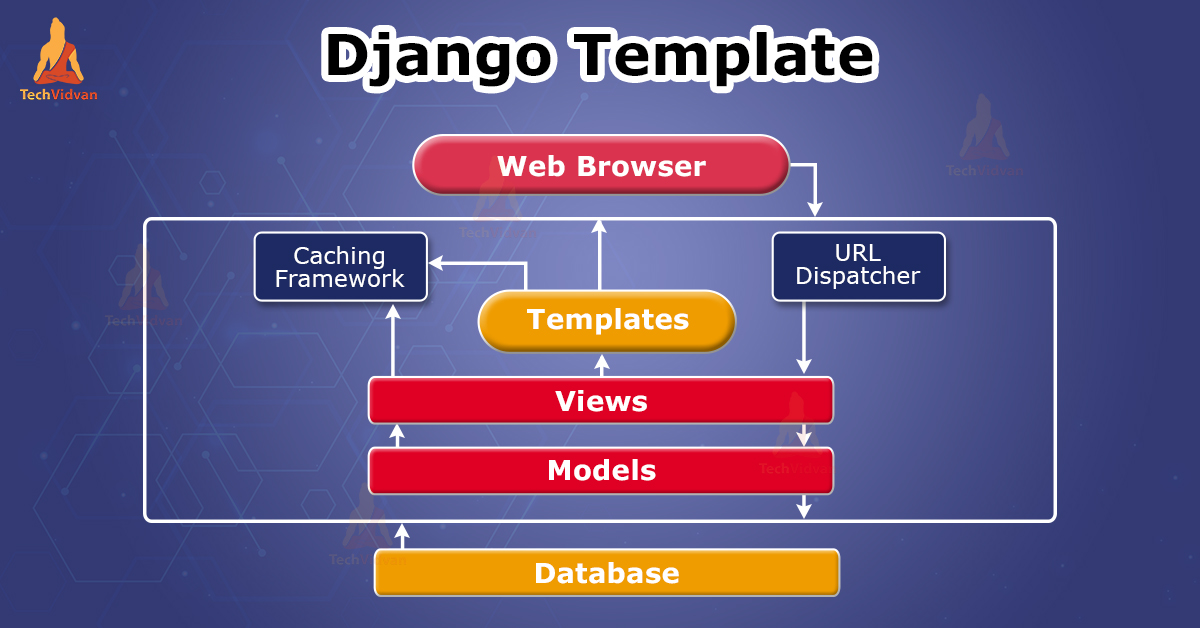Django Template Include
Django Template Include - {% extends variable %} uses the value of variable. Some constructs are recognized and interpreted by the template. Web a template is simply a text file. Here is a bootstrap pagination nav: If you’re looking for reference on the language syntax, see. Place the include tag exactly where you want the content to be displayed. Web {% extends 'base.html' %} is used to create child templates for maintaining structure and content inheritance. Web the django doc states that includes are rendered with their own variables and settings. Web as long as the apps are in installed_apps and the template loader for apps dirs is enabled, you can include any template from another app, i.e.: A great use case for the include tag is pagination, which could go on any listview template. Web {% extends 'base.html' %} is used to create child templates for maintaining structure and content inheritance. Web a template is a text file. Web return render(request, 'detail.html', context) @king add your list.html, or make sure which variable you passed in list.html, make sure to use same here. A great use case for the include tag is pagination, which could go on any listview template. Web the django doc states that includes are rendered with their own variables and settings. Some constructs are recognized and interpreted by the template. This is useful when you have the. If you’re looking for reference on the language syntax, see. Web a template is simply a text file. Web as long as the apps are in installed_apps and the template loader for apps dirs is enabled, you can include any template from another app, i.e.: Web there are two main ways to organize your template structure in django: {% include 'base.html' %} is used to insert content. Web return render(request, 'detail.html', context) @king add your list.html, or make sure which variable you passed in list.html, make sure to use same here. Web a template is a text file. Web the django doc states that includes are rendered with their own variables and settings. A template contains variables, which get replaced with values when. This is a way of “including” other templates within a template. A template contains variables, which get replaced with values when the template is. Web as long as the apps are in installed_apps and the template loader for apps dirs is enabled, you can include any template from another app, i.e.: Web {% extends 'base.html' %} is used to create child templates for maintaining structure and content inheritance. Web the include tag allows you to include a template inside the current template. Web include¶ loads a template and renders it with the current context. Web as long as the apps are in installed_apps and the template loader for apps dirs is enabled, you can include any template from another app, i.e.: A great use case for the include. This is a way of “including” other templates within a template. The template name can either be a. Web the include tag allows you to include a template inside the current template. A great use case for the include tag is pagination, which could go on any listview template. Web a template is simply a text file. Web the include tag allows you to include a template inside the current template. {% include 'base.html' %} is used to insert content. This is useful when you have the. A template contains variables, which get replaced with values when. I have a big template that consists of a lot of widgets, which, for better. This is useful when you have a block of content that is the same for many pages. Web a template is a text file. This is a way of “including” other templates within a template. Web there are two main ways to organize your template structure in django: Web however, you can specify a parent in a variable and have. A great use case for the include tag is pagination, which could go on any listview template. A template contains variables, which get replaced with values when the template is. Web the most common place to specify custom template tags and filters is inside a django app. If they relate to an existing app, it makes sense to bundle them. The template name can either be a. Some constructs are recognized and interpreted by the template. {% include 'base.html' %} is used to insert content. If they relate to an existing app, it makes sense to bundle them there; Web {% extends 'base.html' %} is used to create child templates for maintaining structure and content inheritance. A template contains variables, which get replaced with values when. Web as long as the apps are in installed_apps and the template loader for apps dirs is enabled, you can include any template from another app, i.e.: This is a way of “including” other templates within a template. Web a template is a text file. Place the include tag exactly. Web return render(request, 'detail.html', context) @king add your list.html, or make sure which variable you passed in list.html, make sure to use same here. Web as long as the apps are in installed_apps and the template loader for apps dirs is enabled, you can include any template from another app, i.e.: A template contains variables, which get replaced with values. A template contains variables, which get replaced with values when. Web a template is simply a text file. Web a template is a text file. Web the most common place to specify custom template tags and filters is inside a django app. Web however, you can specify a parent in a variable and have the base template specified in the. A template contains variables, which get replaced with values when. Web a template is simply a text file. The template name can either be a. Web the most common place to specify custom template tags and filters is inside a django app. I have a big template that consists of a lot of widgets, which, for better. Some constructs are recognized and interpreted by the template. Here is a bootstrap pagination nav: This is a way of “including” other templates within a template. Web however, you can specify a parent in a variable and have the base template specified in the context. {% include 'base.html' %} is used to insert content. If you’re looking for reference on the language syntax, see. The template name can either be a. I have a big template that consists of a lot of widgets, which, for better. {% extends variable %} uses the value of variable. A template contains variables, which get replaced with values when the template is. Web the include tag allows you to include content from another template. Place the include tag exactly where you want the content to be displayed. This is useful when you have the. Web the most common place to specify custom template tags and filters is inside a django app. A great use case for the include tag is pagination, which could go on any listview template. Web include¶ loads a template and renders it with the current context.Шаблоны Django — extends, include и так далее DClimber
Django Include Template How to use django include template?
Django Template javatpoint
Free Django Dashboard Templates
9 Best Django Website Templates 2023 AdminLTE.IO
9 Best Django Website Templates 2024 AdminLTE.IO
Django Template Include
Ultimate guide on { include } and { extends } tags in Django templates
Try Django 1.8 Tutorial 20 of 42 Django Templates Include
Django Templates Create your First Template in easy steps TechVidvan
Web A Template Is Simply A Text File.
This Is Useful When You Have A Block Of Content That Is The Same For Many Pages.
Web As Long As The Apps Are In Installed_Apps And The Template Loader For Apps Dirs Is Enabled, You Can Include Any Template From Another App, I.e.:
Web The Django Doc States That Includes Are Rendered With Their Own Variables And Settings.
Related Post:
